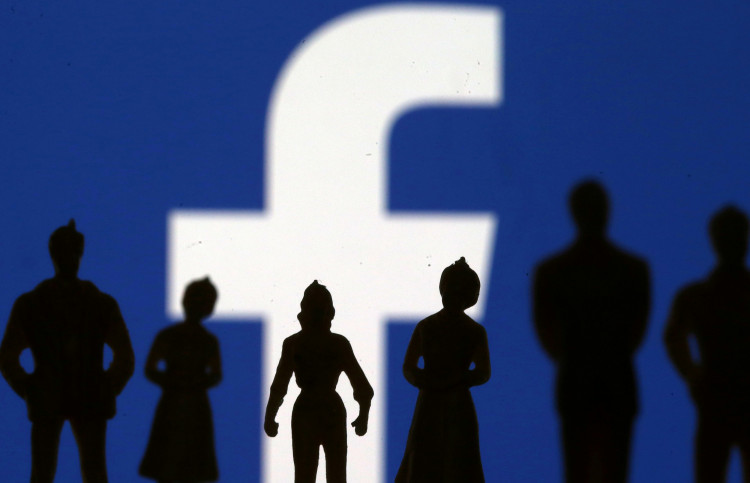The recently updated report of Robert Mueller indicated that Facebook received over $100,000 in ad service payments from the Internet Research Agency (IRA), an election interference group reportedly affiliated with the Russian government.
The Mueller report further revealed that the IRA used Facebook events to organize political rallies and gatherings. Furthermore, fake ads sponsored by the IRA are said to have been read an estimated 126 million Americans who used the social media platform, The Guardian reported.
Aside from posting fake ads, the updated Mueller report stated that the IRA created dummy accounts that pose as Black Lives Matter protestors or anti-immigration groups. The move is believed to have been made to ignite unhealthy debates among Americans, especially during the 2016 elections.
According to Engadget, the revamped Mueller report further revealed that the IRA used Facebook, Tumblr, YouTube, Twitter, and Instagram accounts to show "support for the Trump Campaign and opposition to candidate [Hillary] Clinton."
As reported by BuzzFeed, the Russian agency started its work on using social media to troll during the 2016 U.S. presidential elections in 2014. The first fake Facebook groups and accounts were created at that time wherein the plan was to "attract U.S. audiences."
In 2015, larger groups were created and real-life rallies were held. Facebook deactivated the groups in 2017 but defunct groups such as "United Muslims of America" and "Don't Shoot Us" already garnered over 300,000 and 250,000 followers, respectively.
The redacted Mueller report has since triggered fears about Facebook's privacy and practices. Furthermore, on the day the updated report was released, Mark Zuckerberg's company admitted that a security lapse did affect millions of Instagram accounts.
While Facebook did report on the security issue late last month, the company updated its report, acknowledging that the breach was more massive than initially revealed. According to Deadline, the American social media behemoth clarified that millions of Instagram passwords were "stored in a readable format."
Industry analysts and critics noted that the update further puts Facebook on a weak stance in terms of building trust. The company already experienced severe setbacks after the Cambridge Analytica controversy broke the news last year.
As if responding to increased scrutiny over its security issues and questionable practices, Facebook reiterated that the stored passwords "were not internally abused or improperly accessed." The tech firm already said last month that the private passwords were not accessed by anyone outside the company.
Facebook further clarified that the glitch has been fixed and people who have had their passwords stored in readable formats will be notified of the matter.





